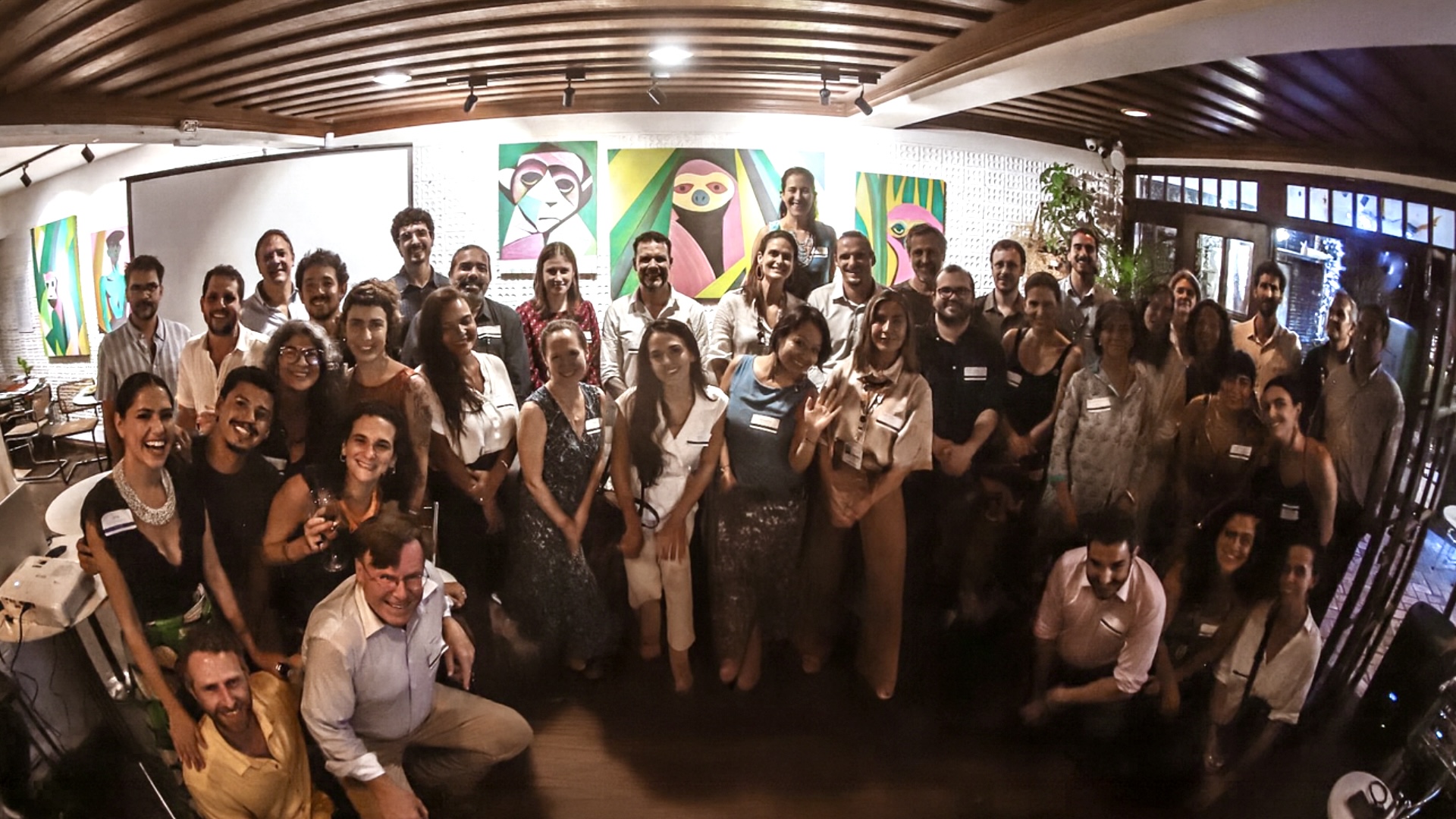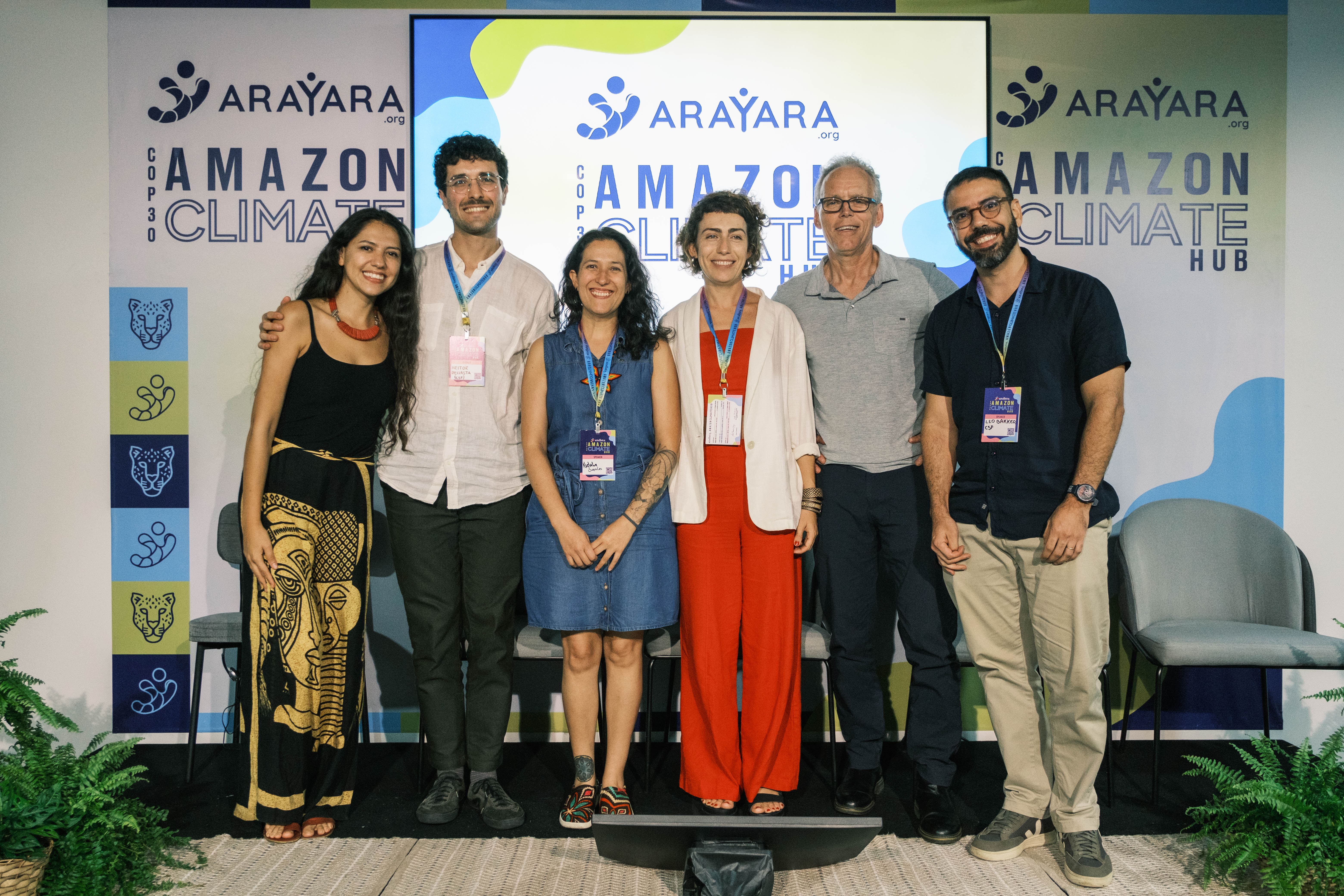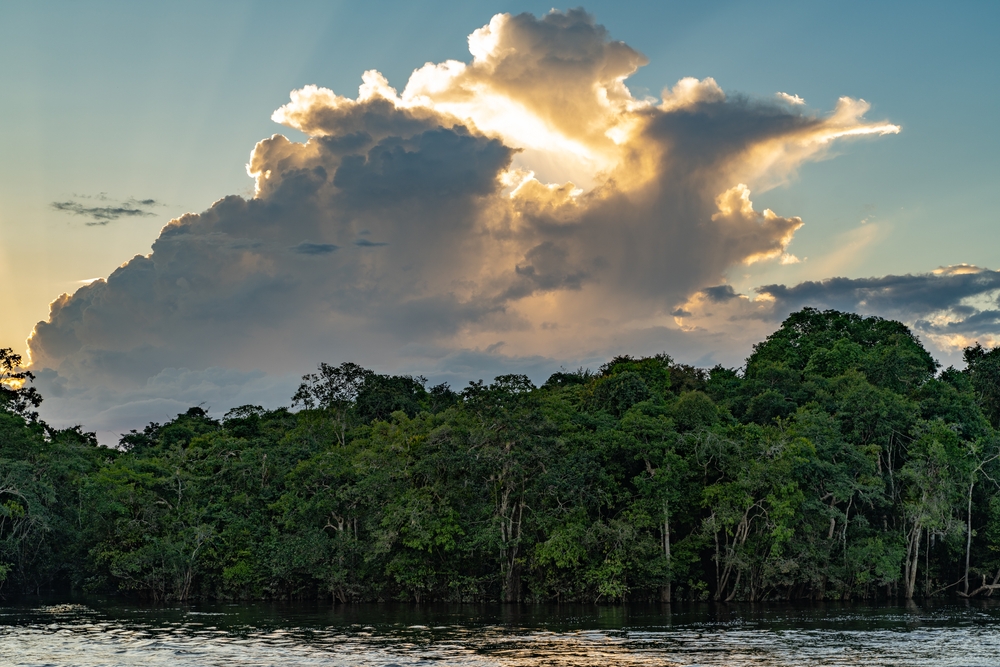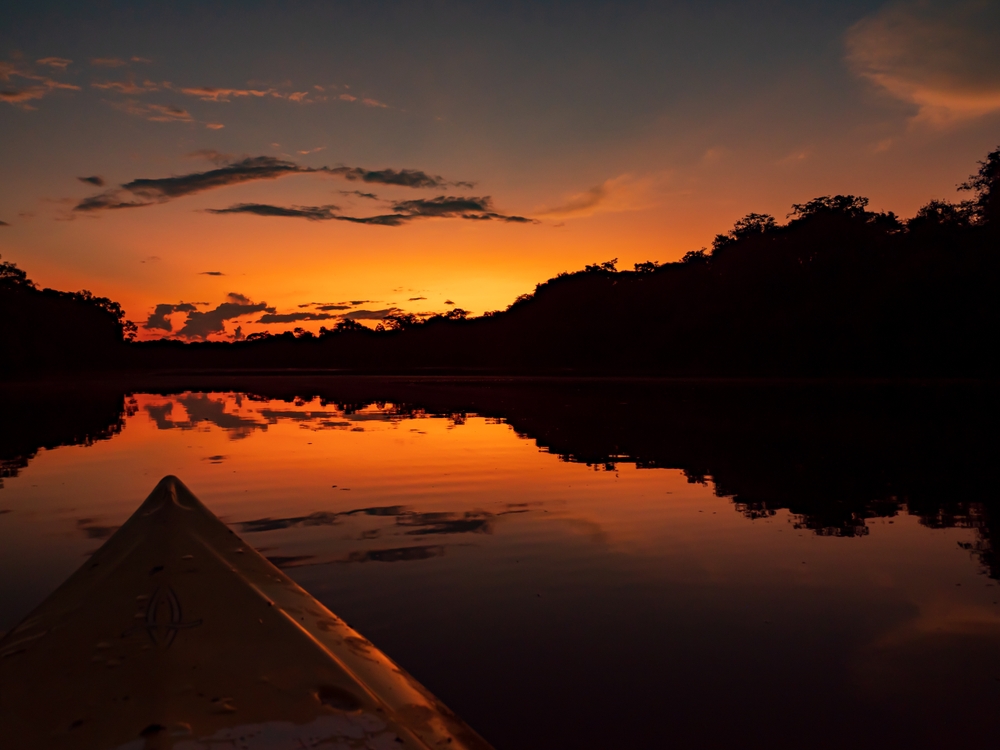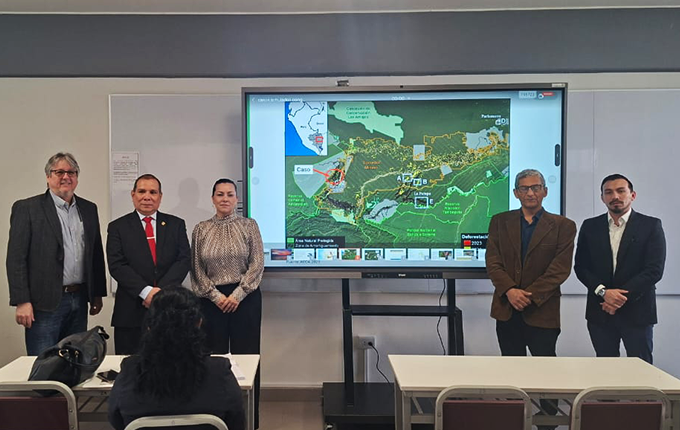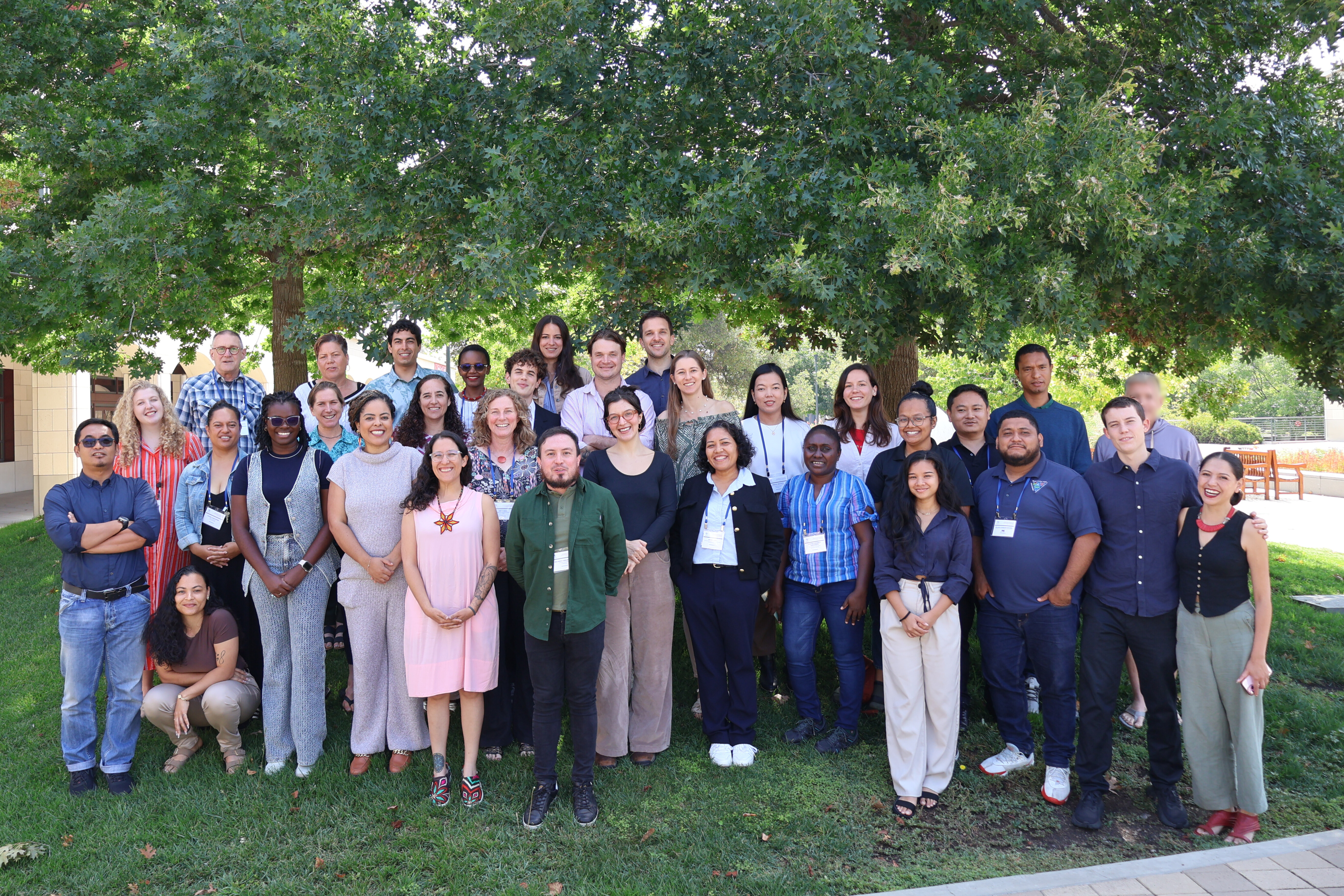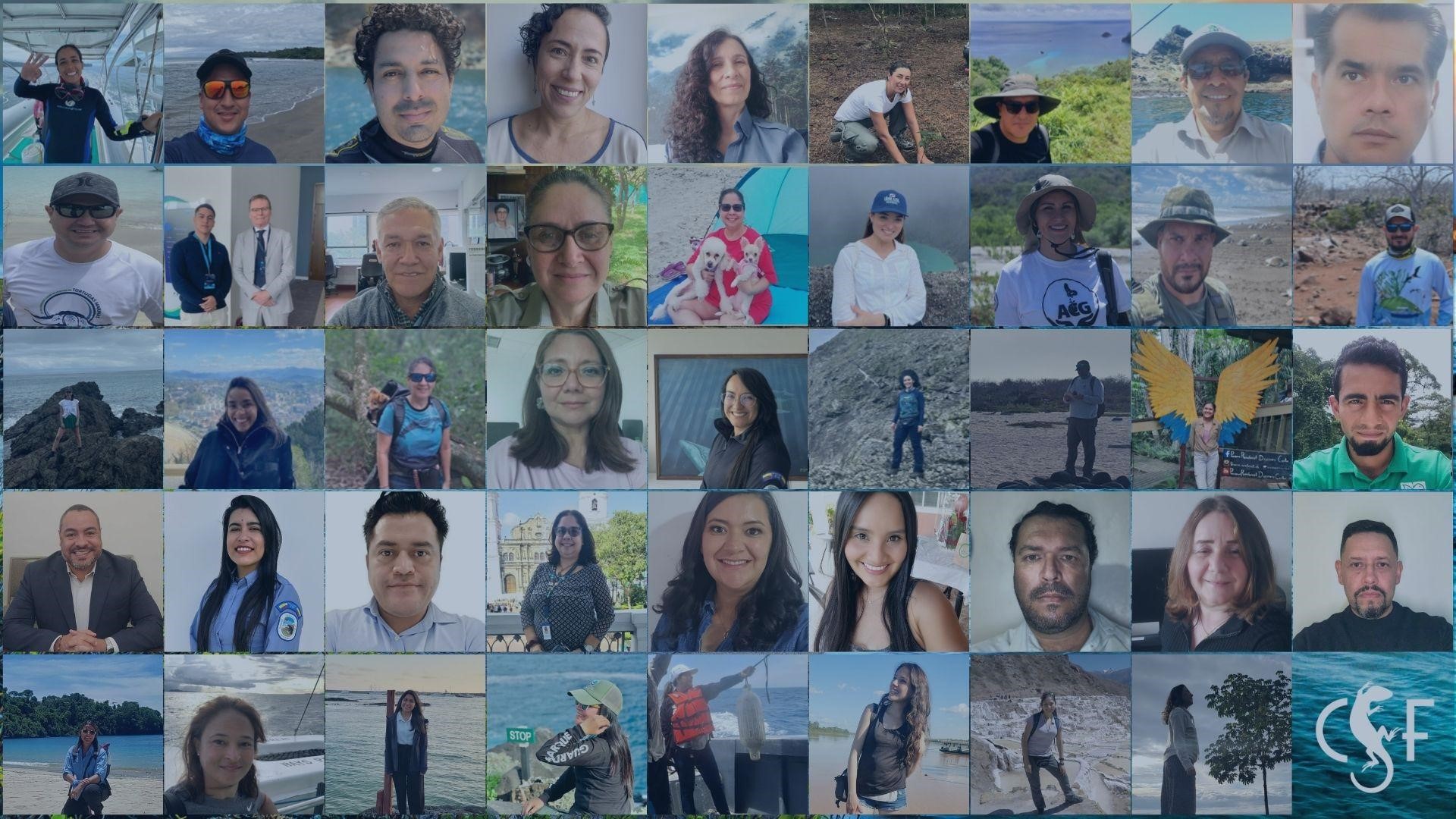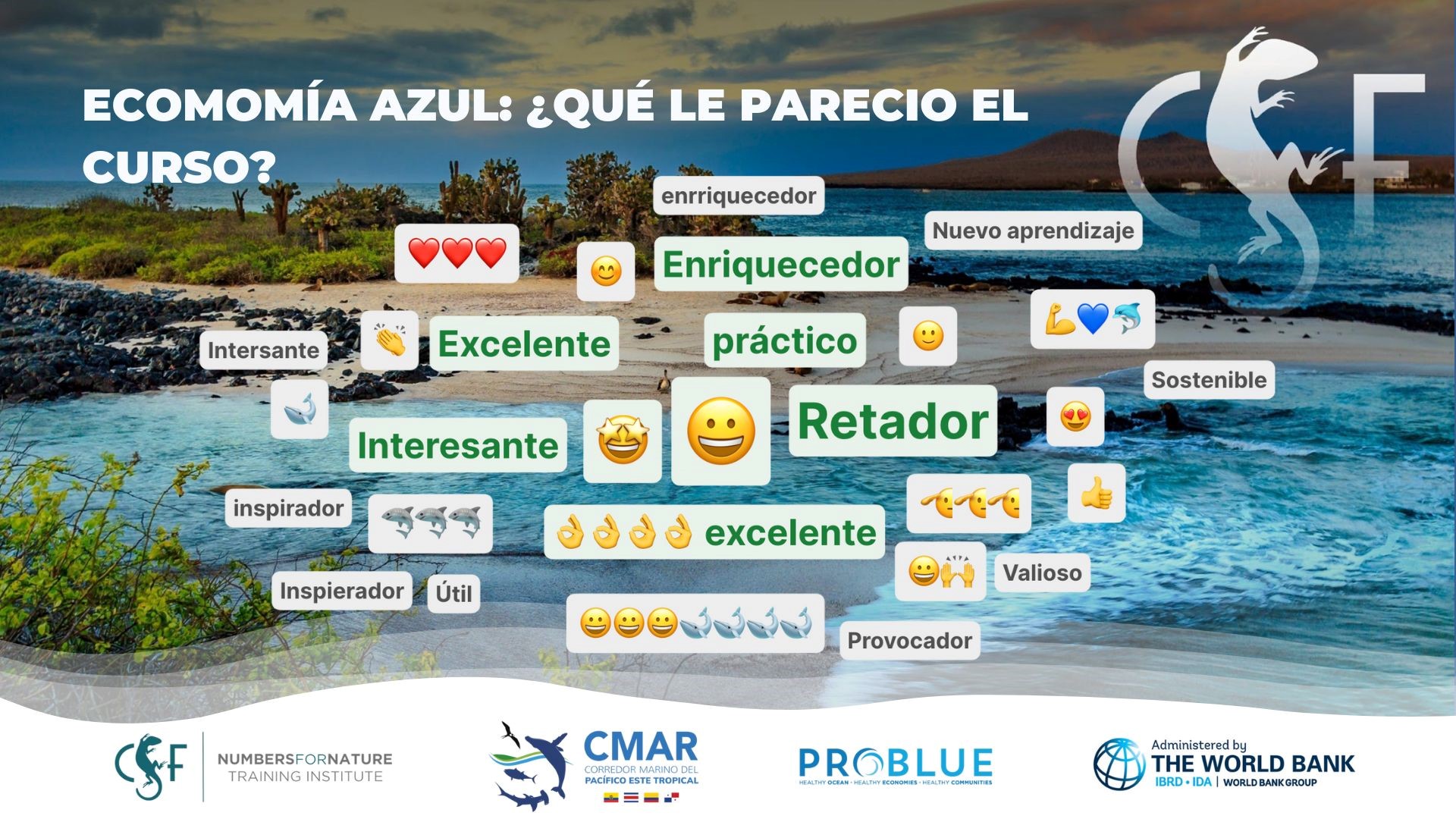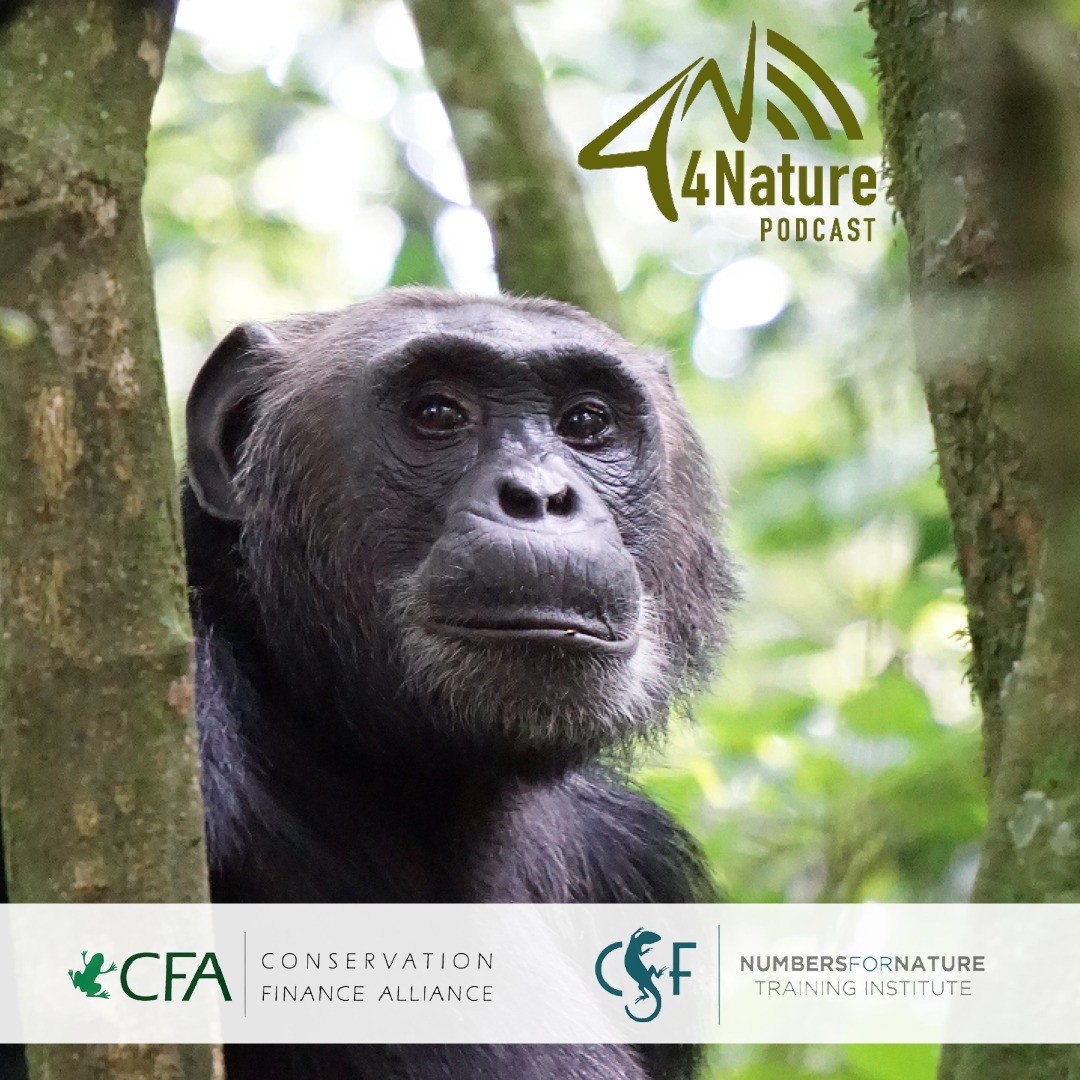News
On November 19, 2025, during the second week of COP30, Conservation Strategy Fund convened an Evening of Impact in Belém do Pará. The event brought together 50 leaders from government, civil society, and CSF’s global alumni network to celebrate breakthroughs in conservation and chart a bold path forward for climate and biodiversity action. It was an inspiring gathering made possible by the generous support of the Dry Creek Foundation.
On November 20, 2025, during COP30, we hosted the workshop “Valuing Nature, Empowering Action: Interactive Training with the CSF Calculator Hub” at the ARAYARA – Amazon Climate Hub in Belém, Brazil. The session brought together people working in conservation for a hands-on exploration of socio-environmental and economic valuation tools to support inclusive, evidence-based, and Indigenous-informed climate action.
On November 17, 2025, during COP30, we hosted “Financing Nature – A Practical Workshop to Prioritize Financial Mechanisms for Conservation Impact” at the ARAYARA – Amazon Climate Hub in Belém, Brazil. The workshop brought together people working in conservation for an interactive session focused on practical ways to access and prioritize financing for nature-based solutions.
The partnerships with the Public Prosecutor’s Office and the National Forest and Wildlife Service aim to reinforce efforts against environmental crimes and promote the sustainable management of forests.
The partnerships with the Public Prosecutor’s Office and the National Forest and Wildlife Service aim to reinforce efforts against environmental crimes and promote the sustainable management of forests.
Within the framework of the VII International Congress on Environmental Justice, organized by the National Commission on Environmental Justice of the Judiciary (CNGA), the workshop "Illegal Mining and the Quantification of Environmental Damage" was held. This is a joint initiative of the Foundation for Conservation and Sustainable Development (FCDS), the Conservation Strategy Fund (CSF), and the State Attorney General's Office (PGE).
CSF Brings Environmental Leadership Course Back to Stanford
“Inspired is the primary word I will use.”
That sentiment, shared by multiple participants in this year’s Economics & Finance for Environmental Leadership course, captures the spirit of an experience that has become a cornerstone of global conservation leadership.
The Conservation Strategy Fund (CSF) is pleased to announce the successful completion of the Blue Economy Course, a virtual course for members of the Eastern Tropical Pacific Marine Conservation Corridor (CMAR). The training took place between July 28 and September 19, 2025, to strengthen the institutional capacities of participants from CMAR member countries: Colombia, Costa Rica, Ecuador, Mexico, and Panama.
Conservation Strategy Fund (CSF) se complace en anunciar que finalizamos con éxito el Curso Economía Azul, un curso virtual para miembros del Corredor Marino de Conservación del Pacífico Este Tropical (CMAR). La capacitación se realizó entre el 28 de julio y el 19 de septiembre de 2025, con el objetivo de fortalecer las capacidades institucionales de participantes de los países miembros del CMAR: Colombia, Costa Rica, Ecuador, México y Panamá.

